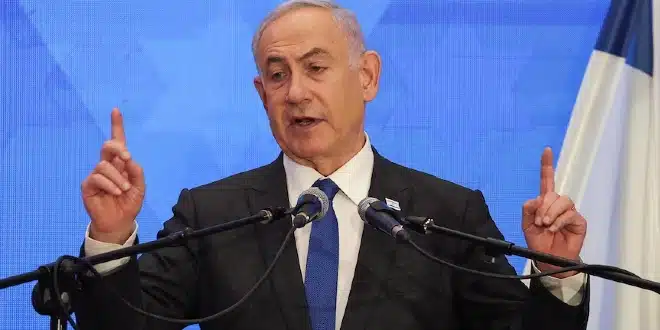Israeli Prime Minister Benjamin Netanyahu remains steadfast in continuing the military campaign in Gaza, dismissing increasing international pleas for a ceasefire. He insists on achieving “total victory,” particularly emphasizing the potential action in Rafah, where over half of Gaza’s 2.3 million population has sought safety. Benny Gantz, a key figure in Netanyahu’s War Cabinet, hinted at an invasion into Rafah should Israeli hostages not be released by Ramadan’s start on March 10.
Efforts by the United States to mediate a ceasefire and hostage release between Israel and Hamas have not yet resulted in an agreement. The U.S. has also indicated it will veto a U.N. draft resolution calling for a ceasefire. Despite this, Netanyahu’s stance against Palestinian statehood conflicts with U.S. aspirations for a broader Middle East peace plan, including normalization between Israel and Saudi Arabia.
In response to the threat of a ground offensive in Rafah, WHO Director-General Tedros Adhanom Ghebreyesus reported that Nasser Hospital in southern Gaza is non-operational following an Israeli raid. Israeli airstrikes continue across Gaza, with recent strikes in Rafah and Khan Younis resulting in civilian casualties. Israel justifies these actions as targeting Hamas, blaming the group for civilian harm due to operating in densely populated areas.
Netanyahu’s government, comprising hardliners against Palestinian independence, opposes international interventions advocating for a Palestinian state. The ongoing conflict, marked by significant Palestinian casualties and displacement, underscores the severe humanitarian crisis in Gaza and the complex political challenges in achieving peace.


